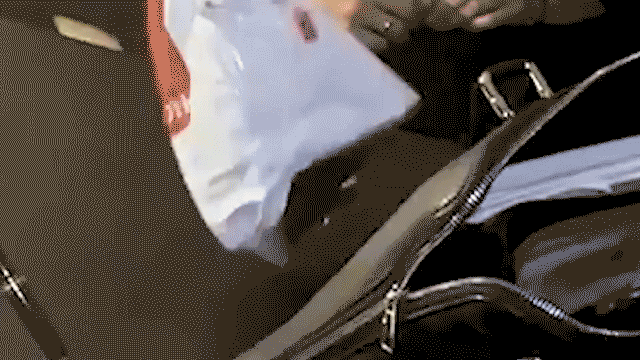RIO DE JANEIRO (AFP) – Some 180 elite Brazilian police officers deployed into a drug-infested slum complex in northern Rio on Monday in order to prepare the way for a permanent presence there.
"We are here to stay," Rio state governor Sergio Cabral told the daily O Dia.
The Mangueirinha complex, located in the Baixada Fluminense district, is home to 25,000 people and comprises the Corte 8, Sapo, Santuario and Mangueirinha favelas.
Police said a 180-strong detachment, mainly from the elite Shock battalion, would be deployed for 30 days to prepare for a permanent presence.
But, for now, authorities say they do not plan to deploy a Police Pacification Unit in Mangueirinhas, as has happened since 2008 in other favelas once under the sway of drug gangs.
Pacification deployments are part of an official campaign to restore security ahead of next year's World Cup and the 2016 Rio summer Olympics.
"It is a permanent occupation, which we are establishing in communities of lesser importance," said Cabral, whose popularity sank to just 12 percent following June street protests to demand better public services.
The Mangueirinha shantytowns were controlled by Red Command, Brazil's oldest drug trafficking organization, which fled dozens of other slums secured by police, mainly in the south of the city that is popular with tourists.
Police first arrived in Baixada Fluminense last September, setting up a detachment in the Chatuba slum following the kidnapping and murder of nine local youths by drug gangs.
Rio authorities have deployed 33 Pacification Units after restoring security in various Rio districts and plan to activate one soon in the Mare complex, home to 120,000 and located near the international airport.
Despite the police presence, drug trafficking continues, albeit in a more discreet manner, with gangs occasionally attacking police stations.
Cases of alleged police abuse have also been reported. In the Rocinha favela, a 42-year-old construction worker, Amarildo de Souza, has been missing since July 14 when he was picked by police for questioning.








































